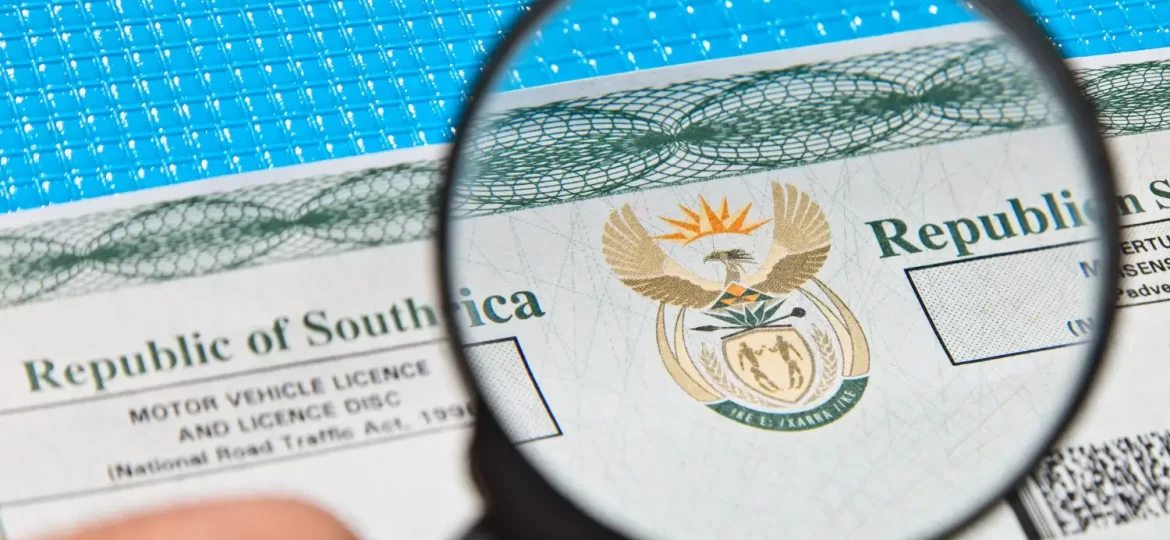
The United Arab Emirates (UAE) considers the document forging a severe crime with serious implications and legal sanctions. Some job-seekers continue to forge credentials like diplomas, medical clearances, passports, and visas despite stricter rules and punishments.
- According to Article 3 of the UAE Penal Code, a forged document is one that has been altered from its original form with the aim to deceive. Any paper, document, or certificate used to convey information, record a contract, or grant rights is referred to as a “written instrument.”
- Official or public documents, used for formal or official objectives, and informal documents, manufactured illegally for personal advantage, are both susceptible to fabrication. Certificates, licenses, bills of indictment, passports, visas, and identification cards are all examples of legal papers.
- According to Article 216 of the Federal Penal Code, there are many types of forgery. Changes to preexisting written instruments, forged signatures or seals, document fabrication, document imitation, and identity swapping are all examples of these techniques. Any behavior fitting these descriptions can be considered forgery.
- Creating a bias in order to substitute a fake document for a real one means leading someone to believe that the fake document is real. Knowing the behavior is wrong and having bad intentions are essential components.
- Criminal penalties for forgery include jail time and monetary fines. The penalty for forging a formal written instrument is up to ten years in prison, while the penalty for forging an informal written instrument is detention. The maximum sentence for forging an official document is five years in prison. Those who profit from or otherwise make use of a falsified official document face the same penalties as those who commit the forgery itself.
- Forgery occurs, for instance, when an individual acquires a fake bachelor’s degree in order to apply for a position that demands it. The elements of forgery under the Federal Penal Code are met when the certificate is requested and then prepared by a printing employee. According to the relevant articles of the code, the maximum possible sentence depends on the nature of the offense.
In conclusion, the United Arab Emirates (UAE) treats falsification of official papers as a serious offense. Job-seekers and employers alike need to be aware of the potential consequences of fabricating or using fraudulent documents. In order to prevent any potential legal issues, employers should warn prospective employees against engaging in such conduct.
Articles and penalties for falsification of government papers in the UAE Penal Code are as follows:
- Forgery is defined as the intentional alteration of the reality of a document in one of the ways outlined in Article 216 of the Federal Penal Code with the goal to substitute the false document for the genuine one.
- Forgery of an official written instrument is punishable by imprisonment for a term not to exceed ten years under Article 217 of the Federal Penal Code, while forgery of an informal written instrument is punishable by detention.
- Using a falsified copy of an official written instrument is punishable by up to five years in jail, as stated in Article 217(1) of the Federal Penal Code.
- Briefly summarizing the consequences for creating false official documents:
- Up to ten years in jail for forging a legal document.
- Detention for forging a non-formal written instrument.
- Forging an official document carries a maximum penalty of five years in prison.
Note that these punishments may change based on the nature of the offense and any aggravating factors. If you need reliable and up-to-date information about forgery laws and punishments in the UAE, it is best to speak with the appropriate legal authorities or an attorney.
Request a Free Consultation


